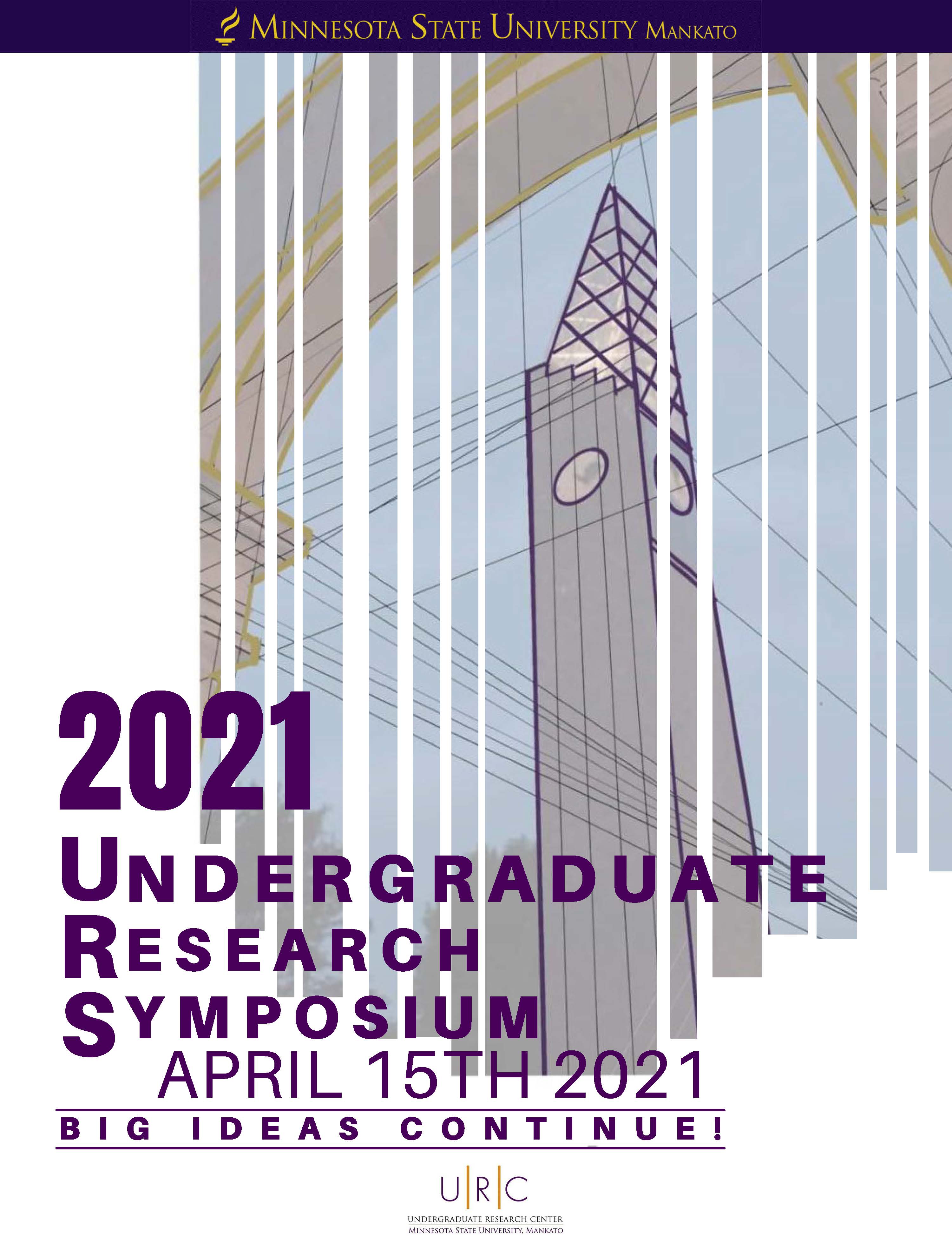Exploring How Duration and Mode of Delivery Impacts Outcomes of Literacy Intervention
Start Date
15-4-2021 3:30 PM
End Date
15-4-2021 4:30 PM
Student's Major
Speech, Hearing, and Rehabilitation Services
Student's College
Allied Health and Nursing
Mentor's Name
Megan Mahowald
Mentor's Department
Speech, Hearing, and Rehabilitation Services
Mentor's College
Allied Health and Nursing
Description
Along with many other programs, Camp Maverick at Minnesota State University, Mankato, was moved online in 2020 due to the COVID-19 pandemic. The purpose of this project is to explore how the number of weeks, as well as how online versus virtual delivery impacts the effectiveness of literacy intervention. Participants of Camp Maverick, aged between Kindergarten and fifth grade, were assessed using the Gray Oral Reading Test (GORT-5), before and after completing camp. The GORT-5 is used to measure oral reading ability of individuals aged 6 to 24 years old. The fluency and comprehension scaled scores are added together and converted to an Oral Reading Index (ORI) score. After comparing the pre- and post- data, it was found that 2018 saw the most improvement, with four weeks of in-person sessions. An implication from this project is that improvement is most likely to occur in a literacy intervention program that lasts at least four weeks. In the future, having more participants in an online format would improve the research findings.
Exploring How Duration and Mode of Delivery Impacts Outcomes of Literacy Intervention
Along with many other programs, Camp Maverick at Minnesota State University, Mankato, was moved online in 2020 due to the COVID-19 pandemic. The purpose of this project is to explore how the number of weeks, as well as how online versus virtual delivery impacts the effectiveness of literacy intervention. Participants of Camp Maverick, aged between Kindergarten and fifth grade, were assessed using the Gray Oral Reading Test (GORT-5), before and after completing camp. The GORT-5 is used to measure oral reading ability of individuals aged 6 to 24 years old. The fluency and comprehension scaled scores are added together and converted to an Oral Reading Index (ORI) score. After comparing the pre- and post- data, it was found that 2018 saw the most improvement, with four weeks of in-person sessions. An implication from this project is that improvement is most likely to occur in a literacy intervention program that lasts at least four weeks. In the future, having more participants in an online format would improve the research findings.




